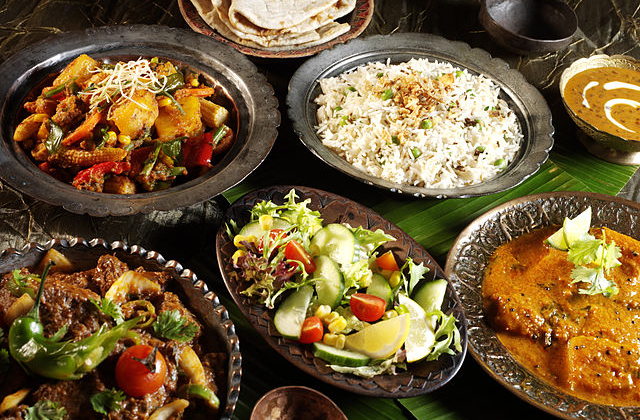
As we closed out 2023, I couldn’t help but think of that Modern Family episode where Jay, the cranky patriarch of the Pritchett family, whisks everyone off to Palm Springs and his Columbian wife Gloria is left scrambling to find grapes for New Year’s Eve. While I have a love/hate relationship with this show, I always loved that episode and appreciated how it highlighted a popular Latin American New Year’s tradition. Each December 31, as the clock strikes midnight, Latines around the world eat las doce uvas de la suerte, or Twelve Lucky Grapes, with one grape representing each month of the upcoming year. If you fail to eat them all before the clock strikes twelve, your year will be filled with bad luck and misfortune. If you succeed, you will have a year full of happiness, good health, and prosperity.
As a Miami native, I spent many a year hurriedly eating grapes before the ball dropped, trying not to choke as my friends and I giggled while simultaneously struggling to get them down before the last chime. Then, the next day, I would drive to my parents’ house where a meal of black eyed peas, cornbread, and collard greens waited for me. My dad didn’t much care for them, but he humored my mother who insisted that the peas would bring us good health and the greens would bring us good fortune in the year to come. This was her New Year’s tradition—one that stretched back to her grandmother’s South Carolina roots—and my mom made sure that we ate them whether we liked them or not.
I carried both of these traditions for a while until I got married and my husband and I made our own New Year’s tradition of ordering Indian Takeout.
Yep, you read that right: Indian Takeout.
You didn’t see that coming, did you?
It all started twenty-three years ago. My husband and I had just started dating, and I was spending my Winter Break from grad school with him in Atlanta. Us being the home-bodies that we are, and me being a Floridian who was not prepared for the 40-degree weather that accosted me after I stepped off the plane, we decided to forgo Atlanta’s New Year’s Eve Peach Drop in favor of a quiet dinner out and a warm evening in.
Nearly every place we visited that night was booked and we were almost left with whatever was languishing in his fridge. Then, just when we were about to give up hope, the most beautiful flashing OPEN sign I had ever seen illuminated the carless parking lot in front of Raja, a hidden gem in Buckhead that eventually became a favorite spot of ours.
That night, we had a romantic dinner in an empty restaurant and it was absolutely perfect.
We recreated that night at Raja the following year, and the year after that, and the year after that in what eventually became our annual New Year’s tradition until 2009 when we decided to do something else. Thinking back now, I can’t remember why we didn’t go to Raja or how we spent New Year’s Eve that year. What I do remember is that 2010 was an incredibly difficult year—second only to 2020—and we vowed that December 31 never to risk it again.
Was our bad year a result of our failure to eat aloo gobi, naan, and lamb vindaloo at New Year’s? No, of course not.
But, if you think about it, that’s how our foodways work, isn’t it?
We all have those little traditions that are unique to us, and I am sure you are thinking of one of yours right now. It starts out completely innocuous, but it evolves into so much more when new traditions become intertwined with established beliefs. In our case, an annual dinner attached itself to the expectations we have and need for the year ahead. That dinner took on more meaning each year as our feelings of nostalgia for that first dinner added layers of meaning and value to our annual tradition.
As our family evolves, so has this tradition of ours, and we have been careful to make space for it each year. When we moved to another city in 2012, we continued our tradition at a new Indian restaurant. In 2014, the year we adopted our son, our romantic dinner out became romantic takeout in. In 2020, the year we all stayed home, we went overboard and ordered our favorite Indian dishes from three different places. We figured 2021 needed all the help it could get.
A few months ago, we learned from a friend that Raja had closed its doors after nearly forty years in Buckhead. Although it was busy any other night of the year, we always had the place to ourselves on New Year’s Eve, and our quiet dinner always felt like the perfect way to start the new year.
This year, as we open the door to 2024, it’s sad to think that a place that meant so much to us is no longer there. Still, I can’t help but be thankful that we stumbled upon that brightly lit parking lot twenty-three years ago and had that dinner that started it all.
Colleen Vasconcellos is Professor of Atlantic History at the University of West Georgia. She is the author of Slavery, Childhood, and Abolition in Jamaica, 1788-1838 and the co-editor, with Jennifer Hillman Helgren, of Girlhood: A Global History.
